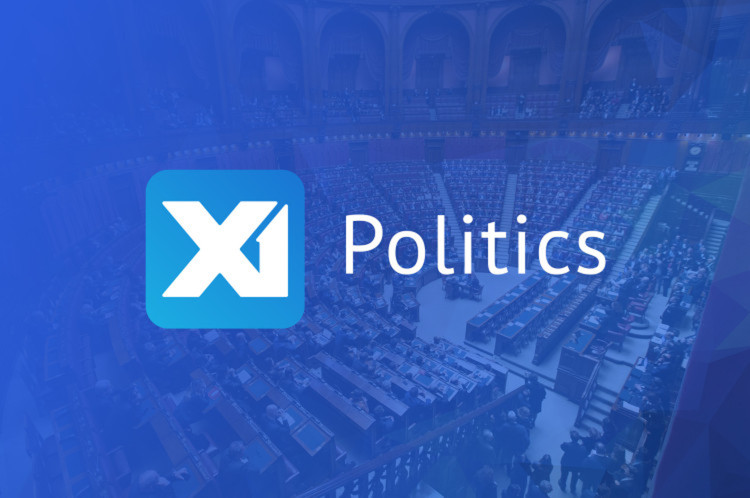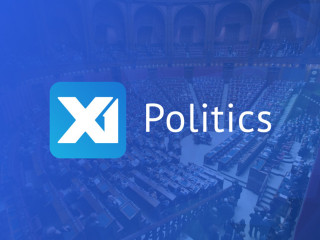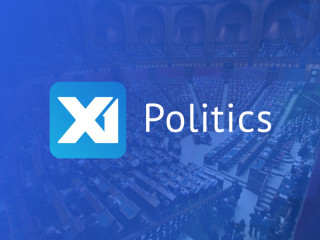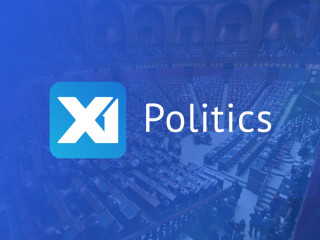
UNESCO and Netherlands design AI supervision project for the EU
10-06-2023The United Nations Educational, Scientific and Cultural Organization and the Dutch government launched a new project for supervising AI to help create a framework for the wider EU area.
The United Nations and the Dutch government announced plans to create a framework for the ethical supervision of artificial intelligence (AI).
On Oct. 5, the Dutch Authority for Digital Infrastructure and the United Nations Educational, Scientific and Cultural Organization (UNESCO) officially launched the project called “Supervising AI by Competent Authorities,” which will gather data on how European countries supervise AI.
The project has financial support via the European Commission’s Technical Support Instrument (TSI), and information collected by the project will result in a list of “best practice” recommendations.
Gabriela Ramos, the assistant director-general for social and human science at UNESCO, said this discussion is not a technological but societal.
“We are talking about the kind of world we want to live in. To shape the technological development of AI, we need effective governance frameworks underpinned by the ethical and moral values we all hold dear.”
Along with best practices, the information gathered will assist in creating future training sessions to improve “institutional capacity” on the topic.
UNESCO has already played a large role in creating ethical guidelines for AI in November 2021, which all its member states adopted.
These moves from UNESCO come after the European Union’s AI Act was passed in parliament in June 2023. The AI Act is a comprehensive set of rules for AI development within the EU. The bill was proposed by the European Commission in April, and after parliament overwhelmingly voted in its favor, member states will hold negotiations with the parliament to finalize details.
Since passing the bill in parliament, the EU has also introduced an initiative for AI startups in the region, which will fast-track access to supercomputers.
Individual European countries have also been considering AI regulation and development strategies. On Aug. 25, Spain announced its plans for a local AI regulation agency and a national strategy to ensure AI development in the country is “inclusive, sustainable, and citizen-centered.”
Meanwhile, in Germany, politicians and digital experts are fractured in their ideas of how to best manage and implement the technology.
Source: Cointelegraph.
More from this category

Former Ethereum dev Virgil Griffith asks for resentencing in North Korea case
04-18-2024Griffith’s attorneys are asking for a sentence reduction from 63 months to 51 months or less. Former Ethereum developer Virgil Griffith, who was handed a 63-month prison term in 2022 for assisting No...

Unharmonized regulation threatens stablecoin usability — BIS report
04-11-2024Uniform requirements are needed to integrate stablecoins into the international financial system. The Bank for International Settlements (BIS) has found that despite their promise, the use of stablec...

Thailand’s biggest crypto exchange goes on hiring spree ahead of IPO
04-01-2024Bitkub targets to go public on the Stock Exchange of Thailand in 2025 and is planning to hire 1,000 employees by IPO launch. Bitkub Capital Group Holdings, the owner of Thailand’s largest cryptocurre...